Portland Japanese Garden Cultural Crossing
Portland, Oregon
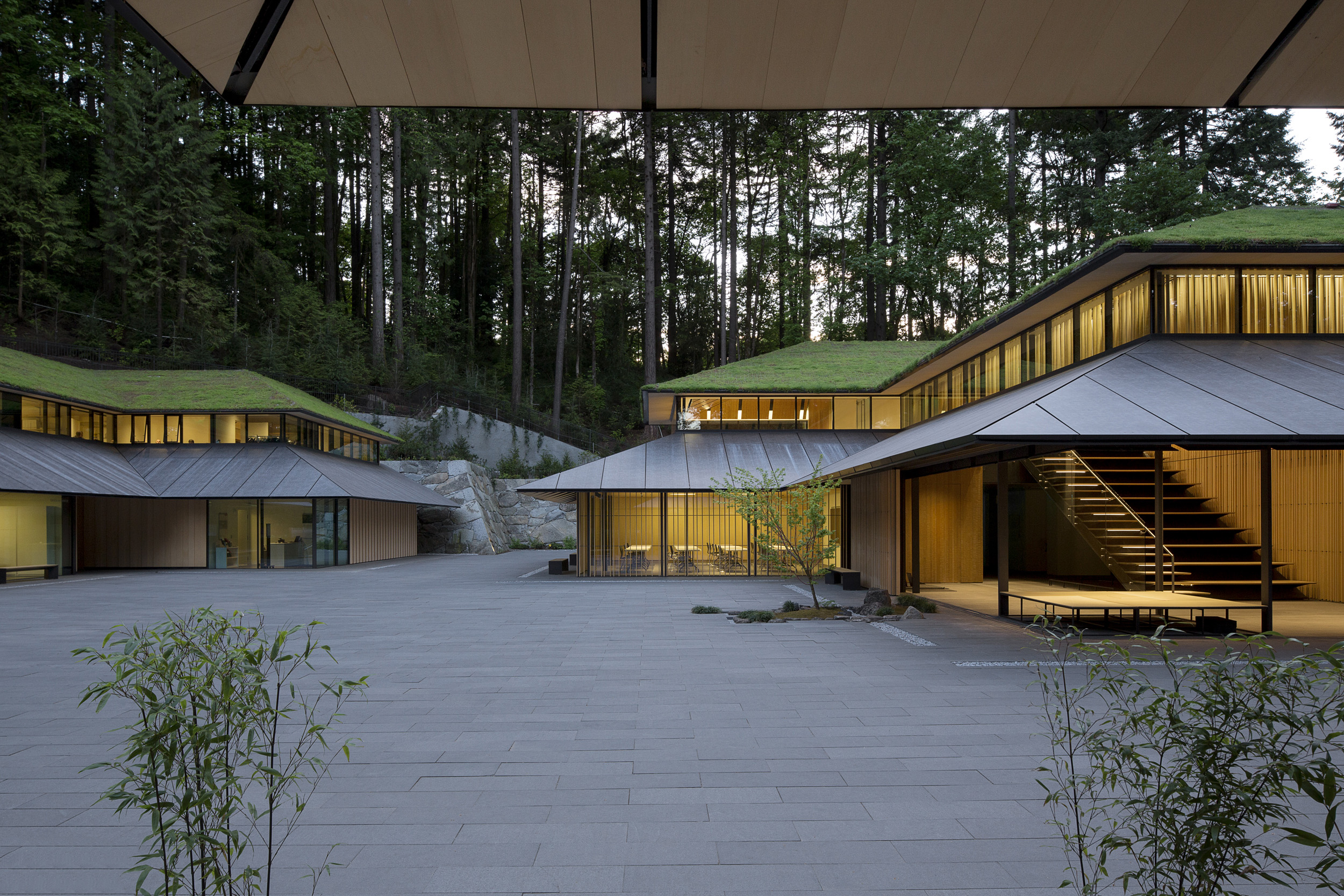
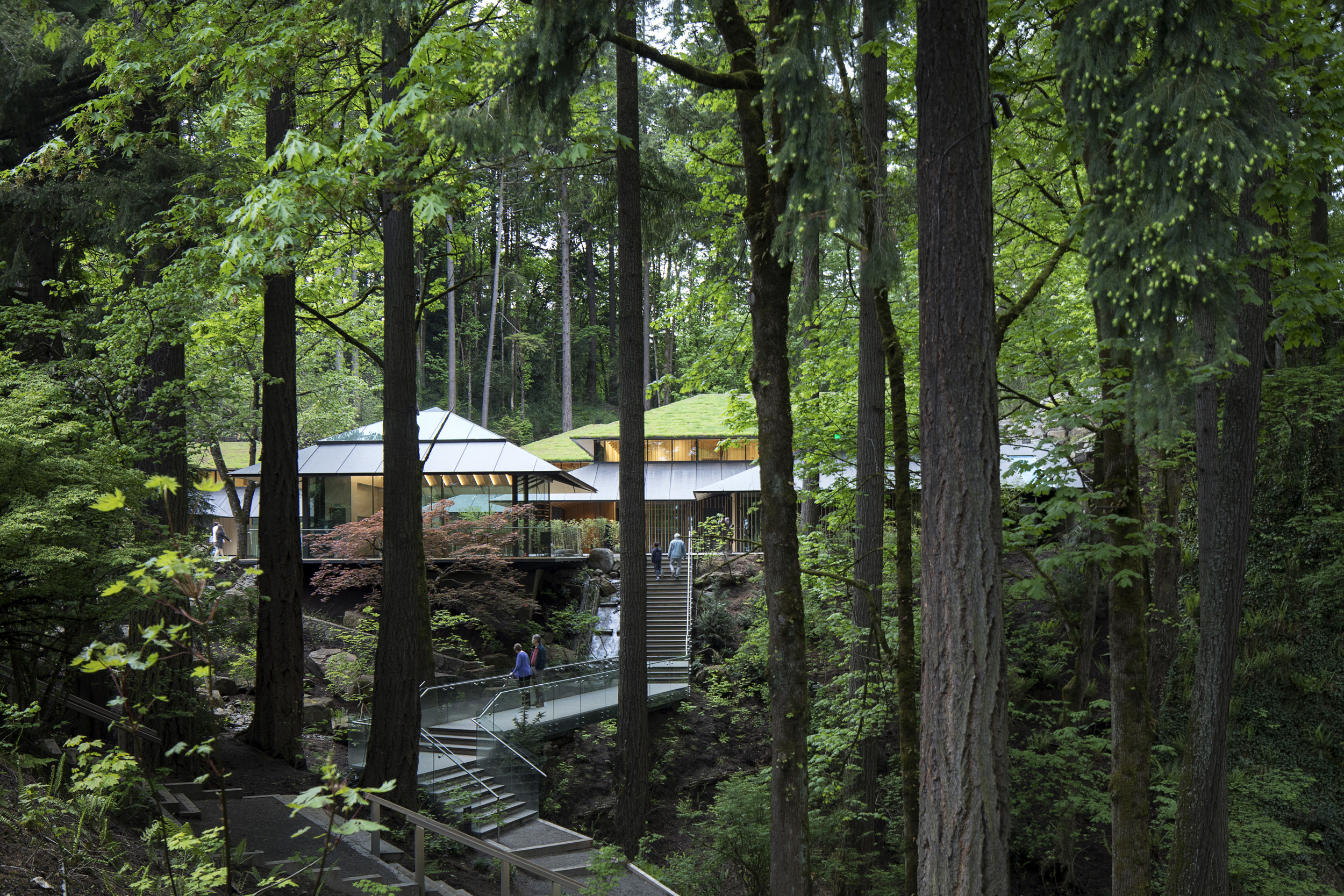
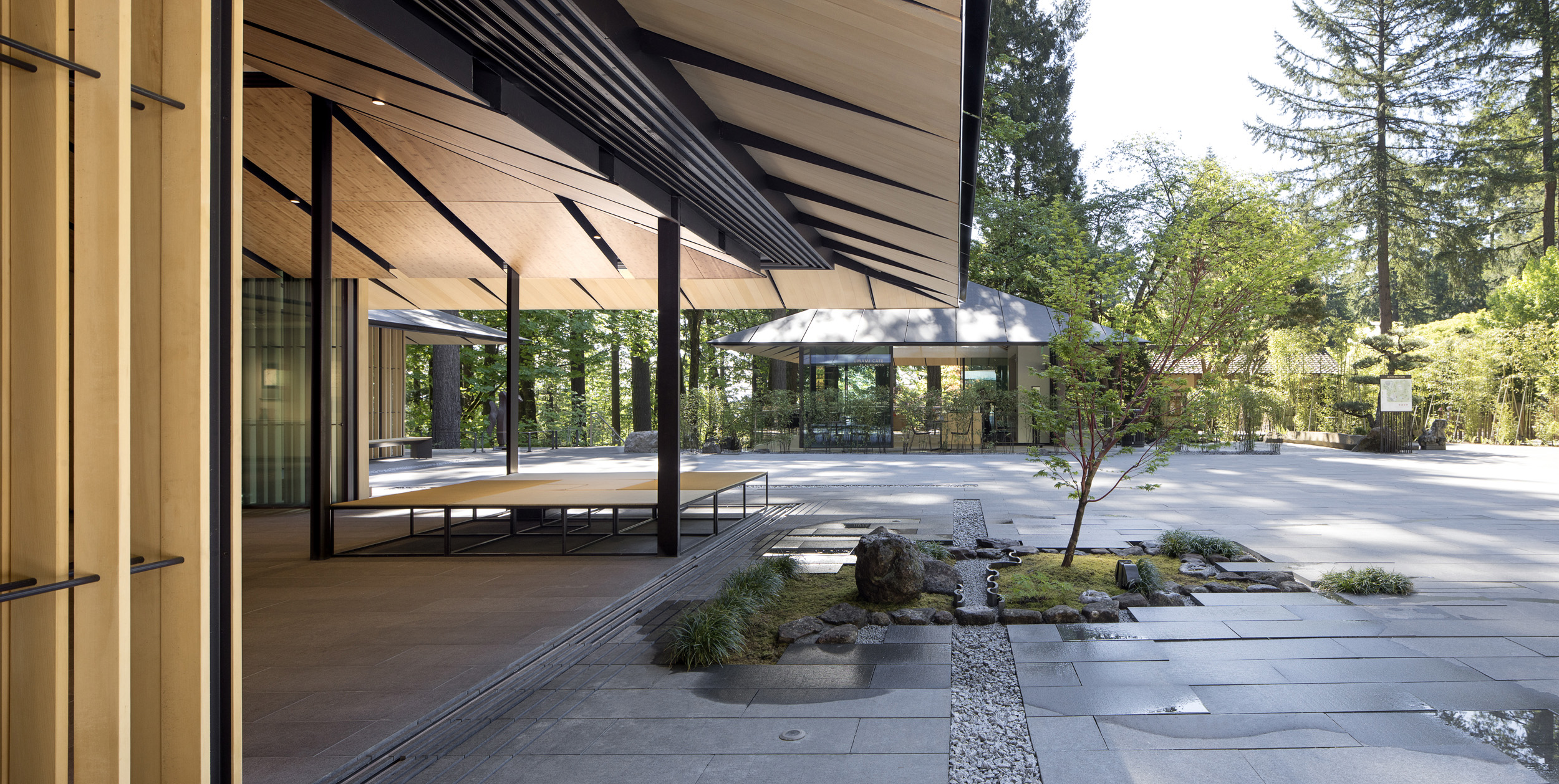
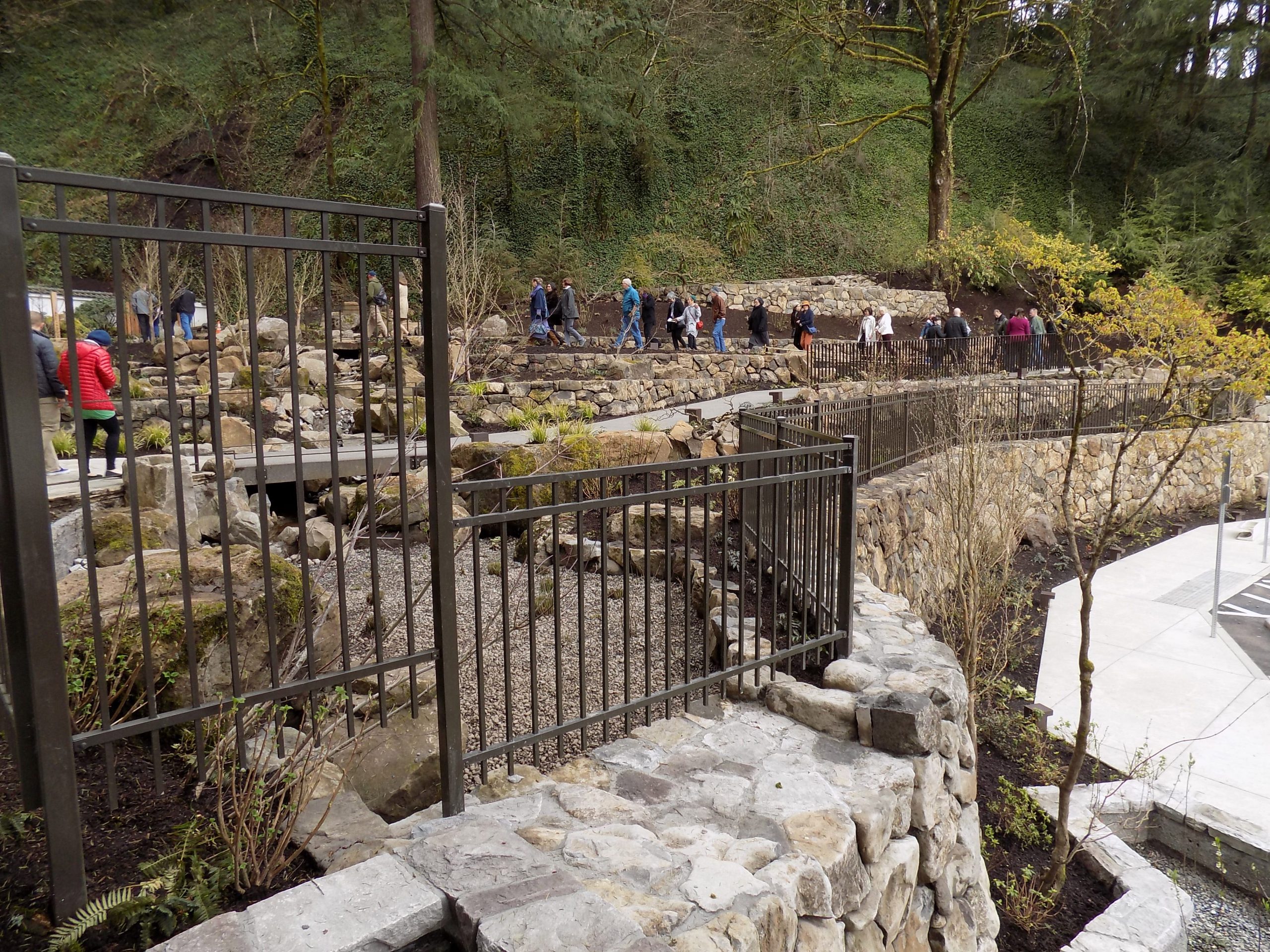
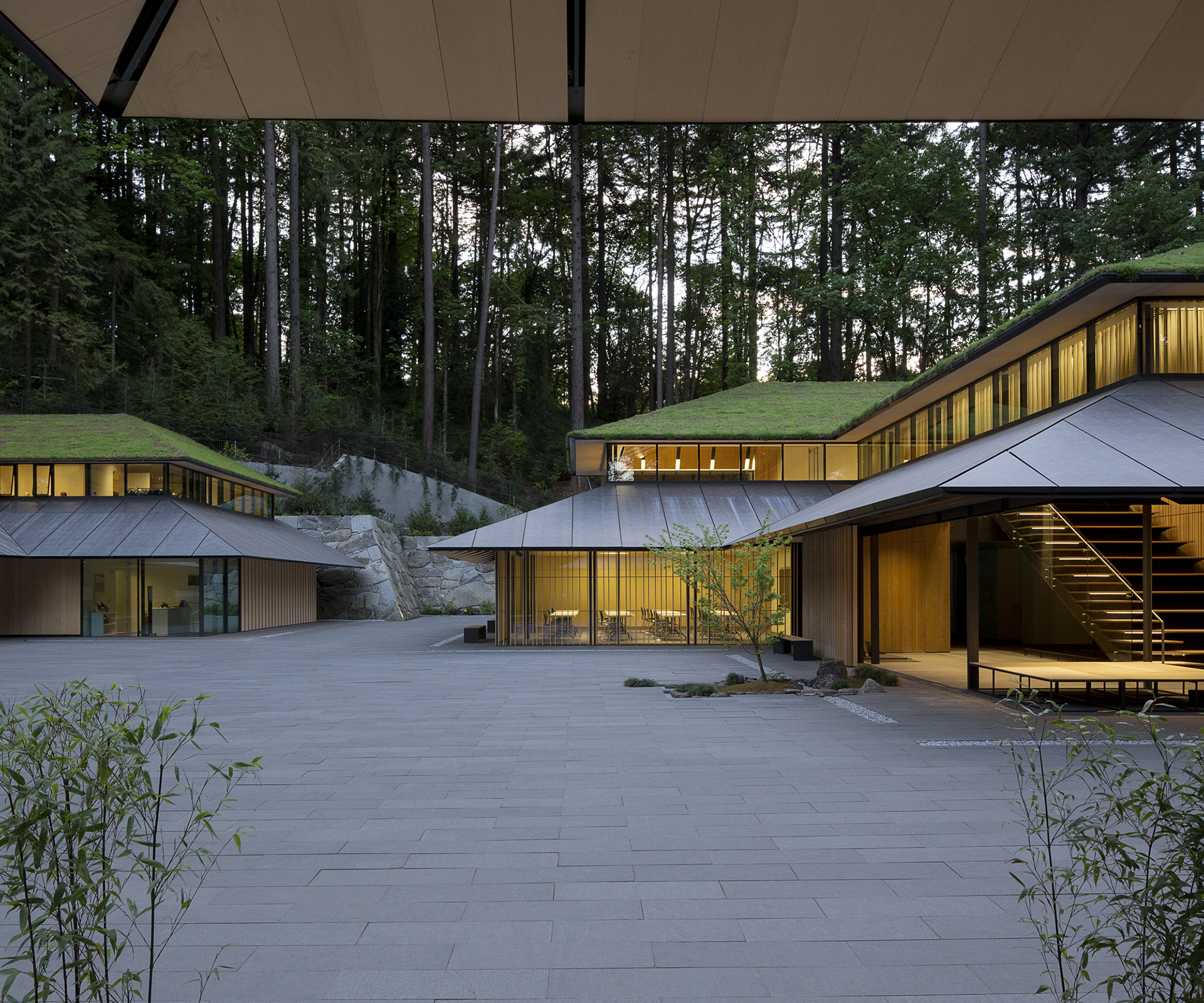
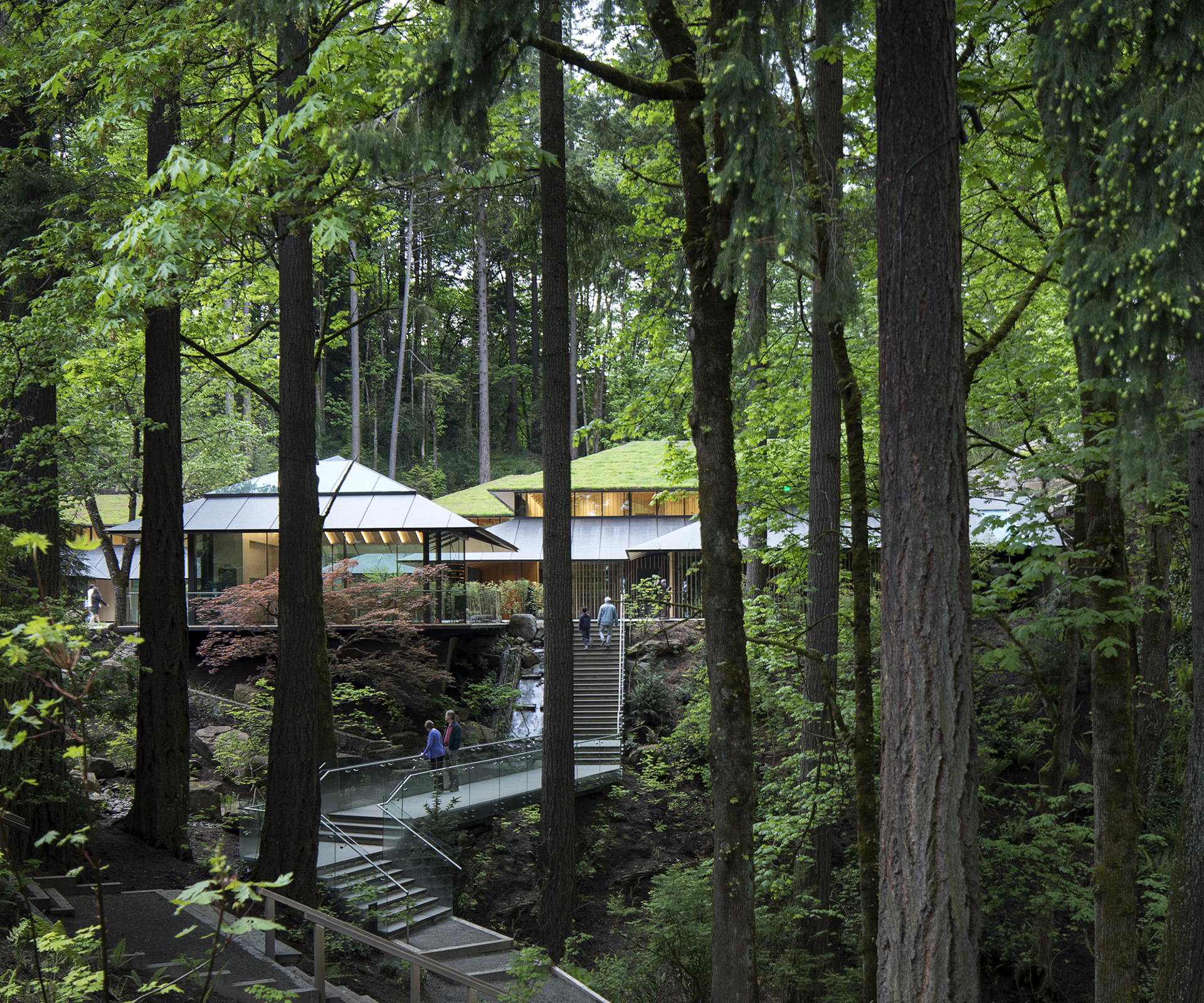
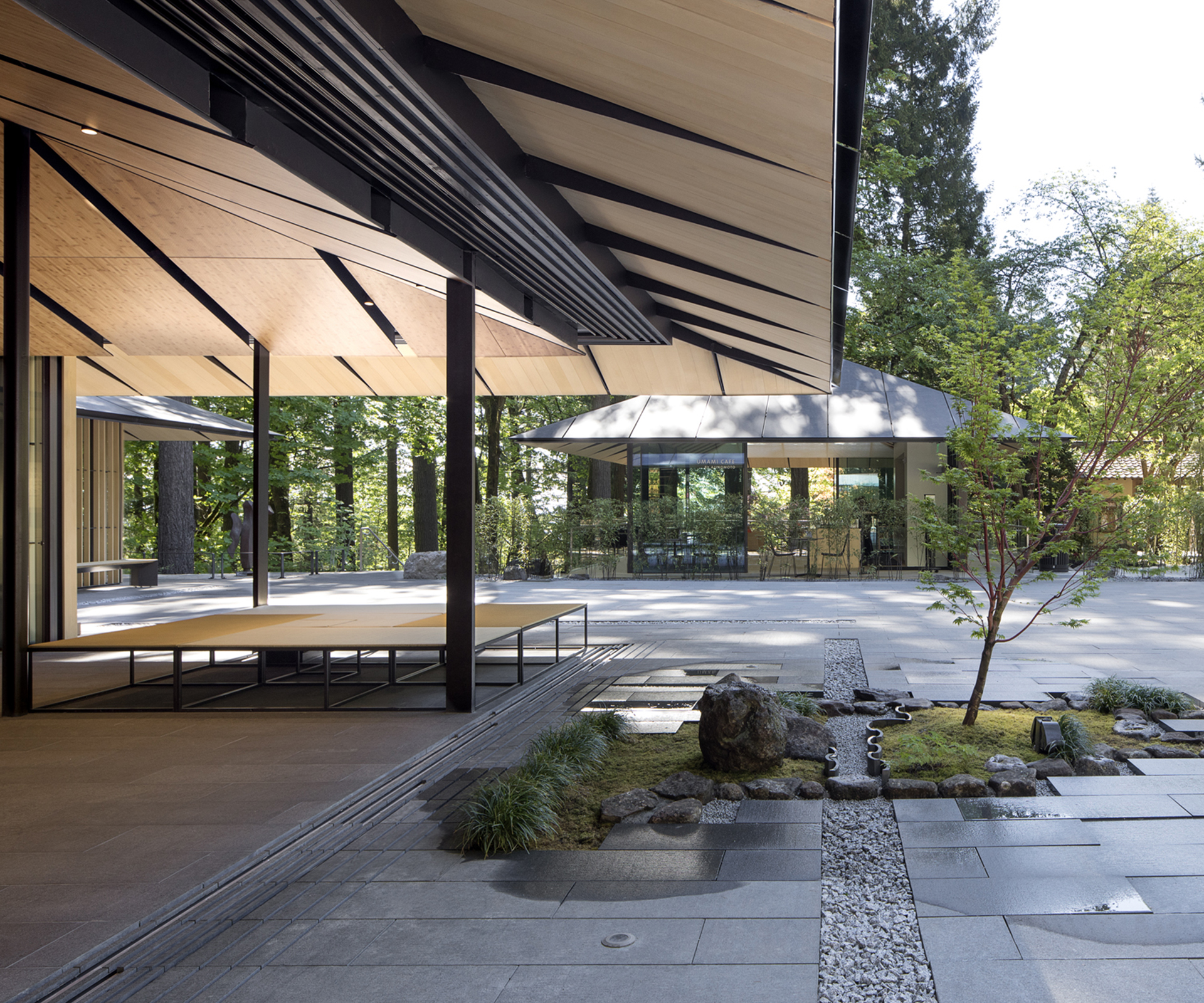
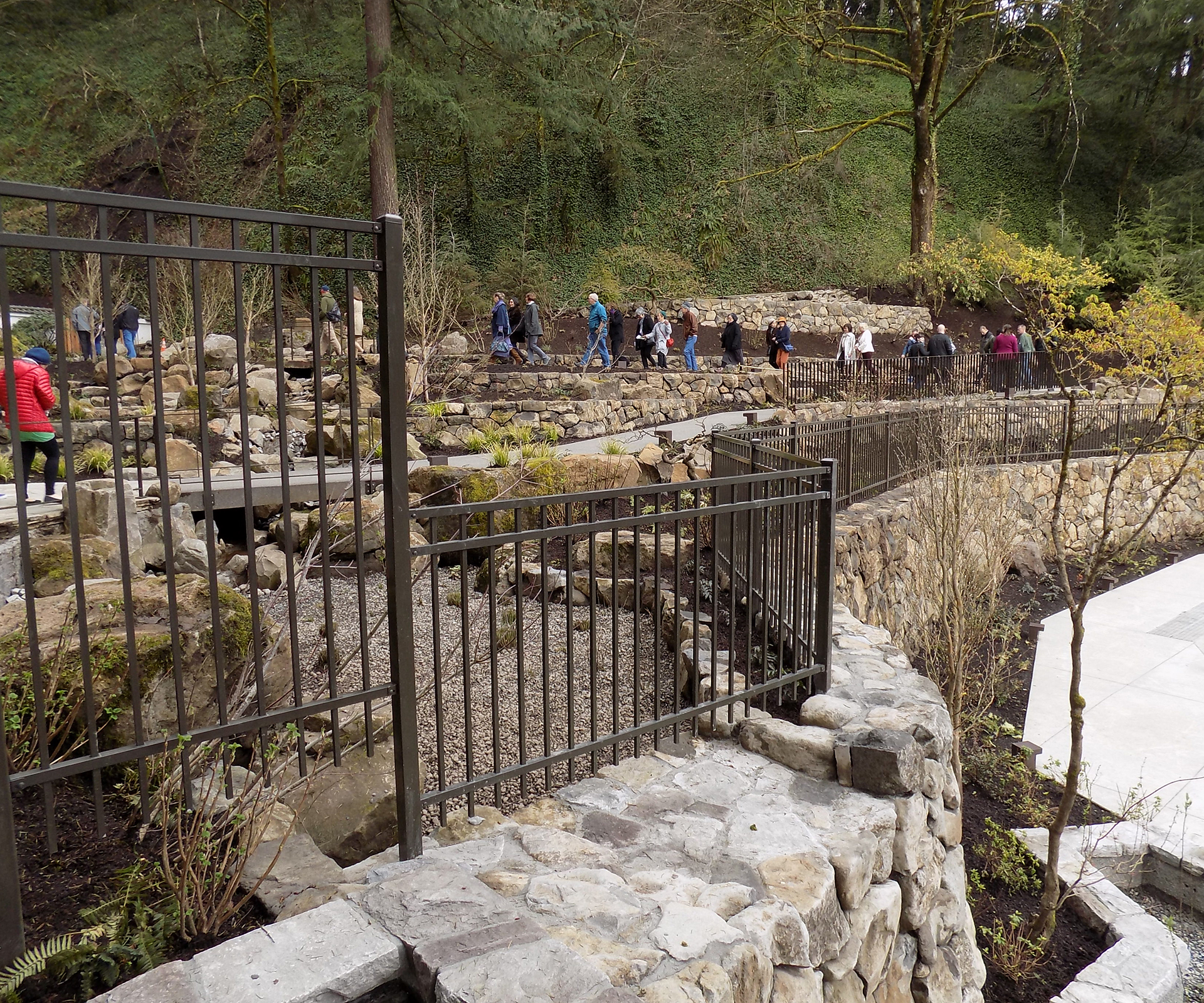
Civil Engineering, Land Surveying, Structural Engineering
Civic, Natural Environments
LEED Gold
2020 ASLA National Award of Excellence
2018 Woodworks Wood Products Council, Beauty of Wood Award
2018 DJC Newsmakers Award, Architect of the Year
2017 Metal Architecture Design: Metal Roofing Award
2017 ASLA Oregon Design: People’s Choice Award
2017 AIA Portland Honor Award
2017 SEAO Excellence in Structural Engineering Award: Jurors’ Favorite
2017 ENR Northwest Best Projects: Best Cultural / Worship
2016 ENR Northwest Project of the Year
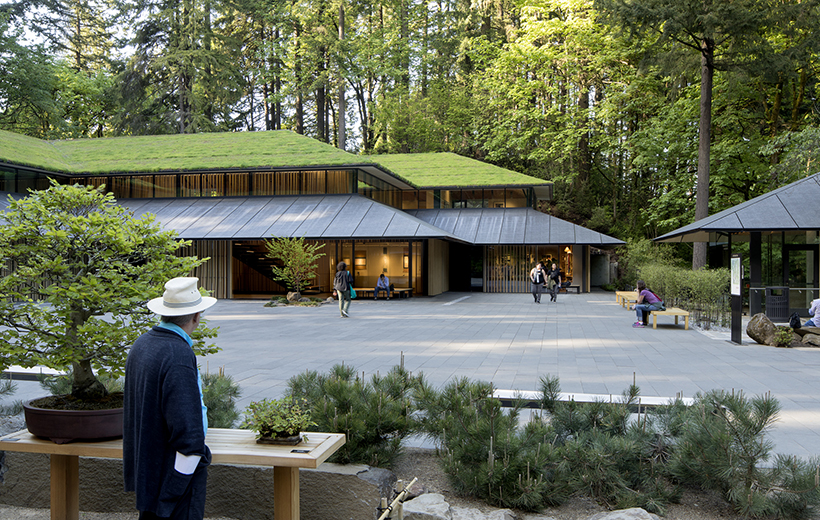
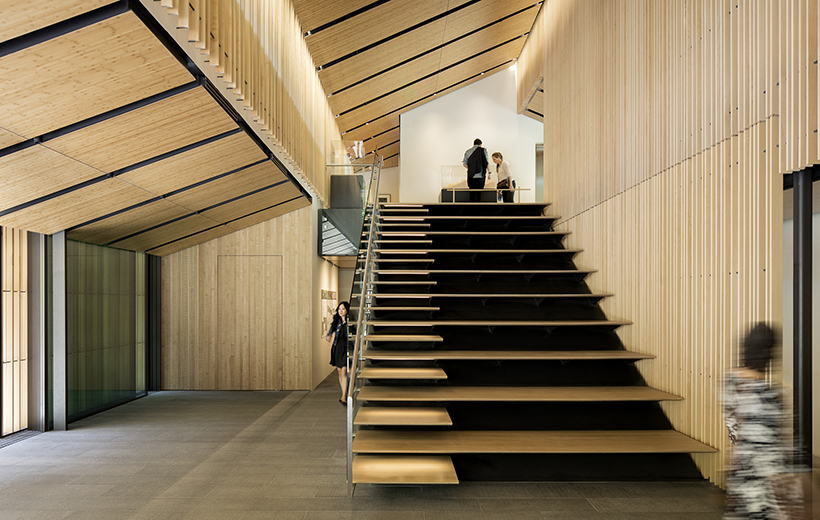
A collection of new buildings at the Portland Japanese Garden, widely recognized as the most authentic outside of Japan, will diversify activities around the grounds while preserving the garden’s sense of tranquility. Blending traditional Japanese design with modern Pacific Northwest character, the $33.5 million expansion adds teaching spaces, offices, visitor services, a library, workshops, and a tea café.
Designed by Japanese architect Kengo Kuma, it is his first project located in the United States. Finely-detailed slender steel roof framing tapers to sharp points at cantilevered eaves, emphasizing the light, open nature of the structure. A unique sloped green roof system integrated into the roof structure extends to the very edges of the upper roof eaves, blurring the line between the building and landscape.
Significant elements are built from locally-sourced materials with Japanese craftsmanship – such as 800 tons of Baker Blue granite from Baker City, Oregon that comprise a 185-foot-long ‘Castle Wall’ hand built by 15th -generation Japanese master stone mason Suminori Awata. Port Orford cedar is featured prominently in structural and decorative applications.
Set in Portland’s west hills in an historic landslide area, extensive permanent shoring was required. Several structures feature deep foundations with tension tieback anchors affixed to bedrock. The existing garden is enhanced by new water features that address rainwater needs, as well as seven new landscaped areas including a moss hillside garden, a bonsai terrace, and the Bill de Weese chabana garden, the first of its kind in North America.
Additional Services Provided:
- Stormwater Management
- Site Development
- Utility Infrastructure